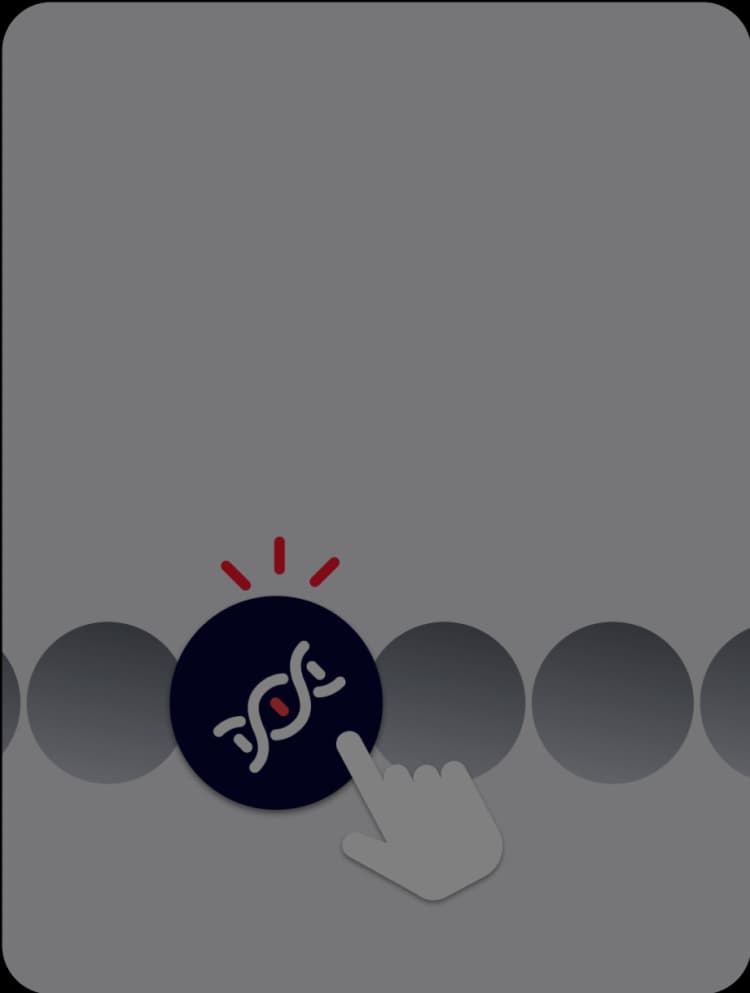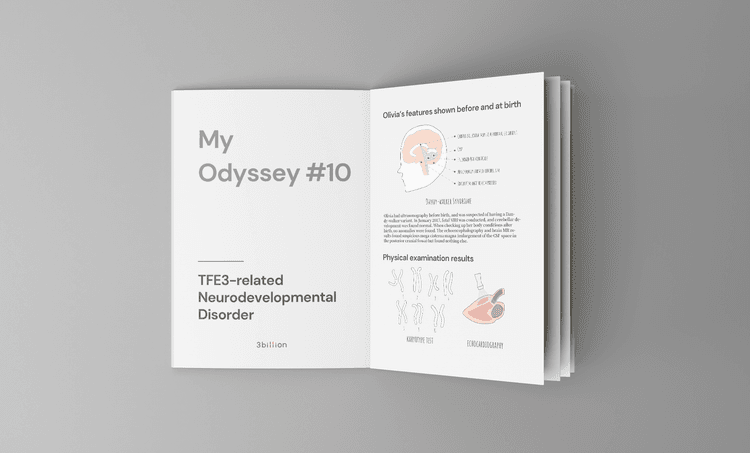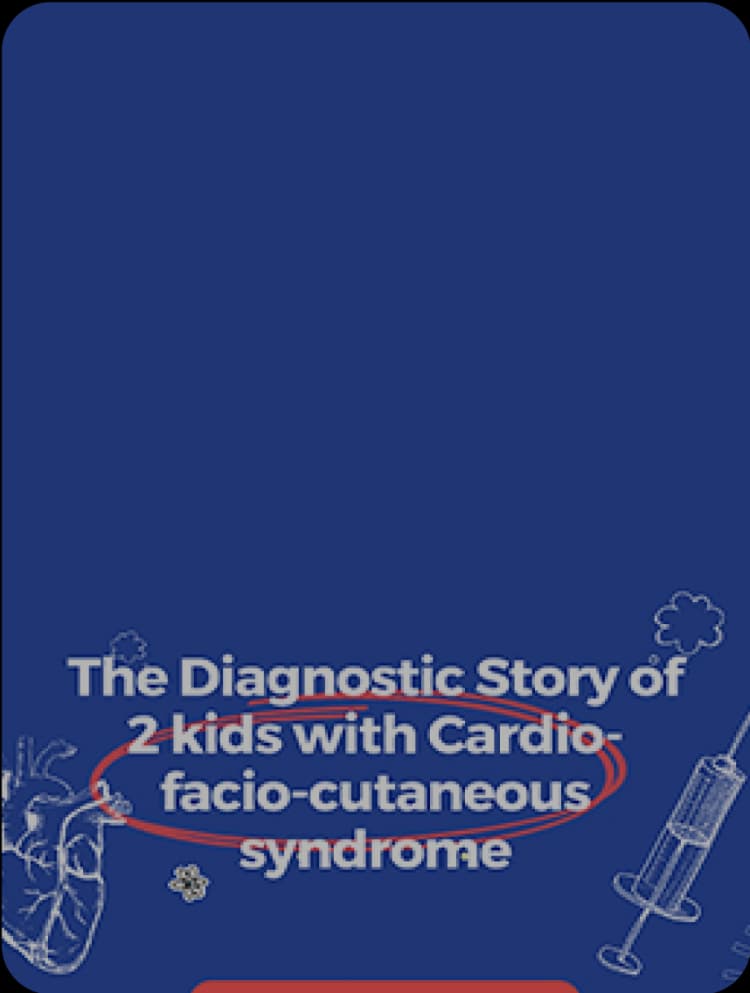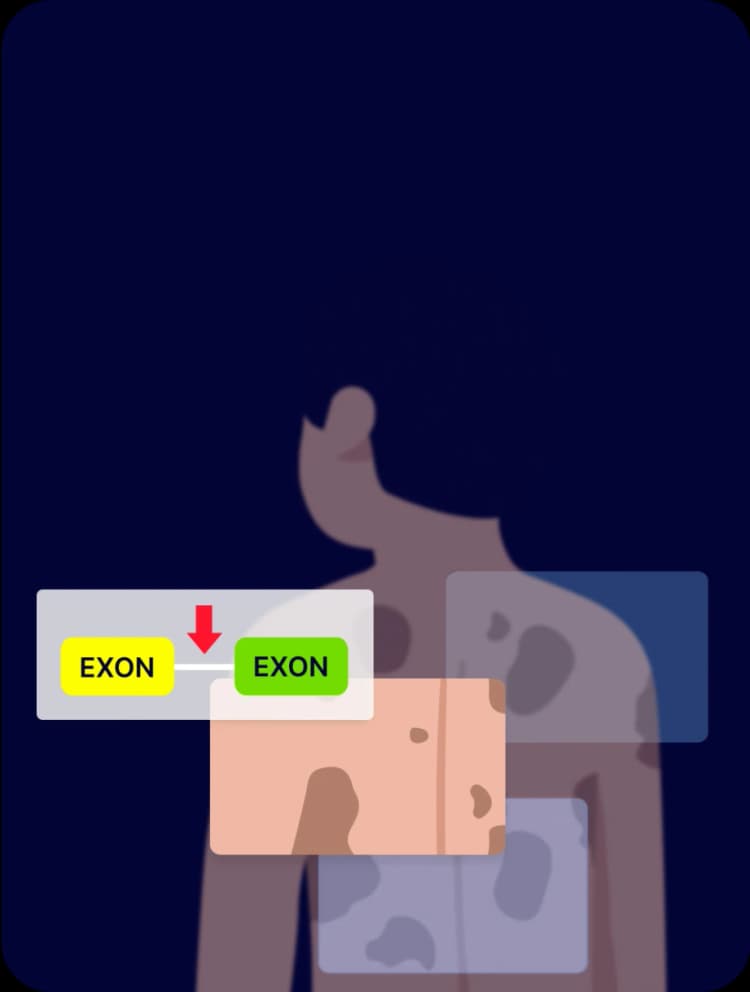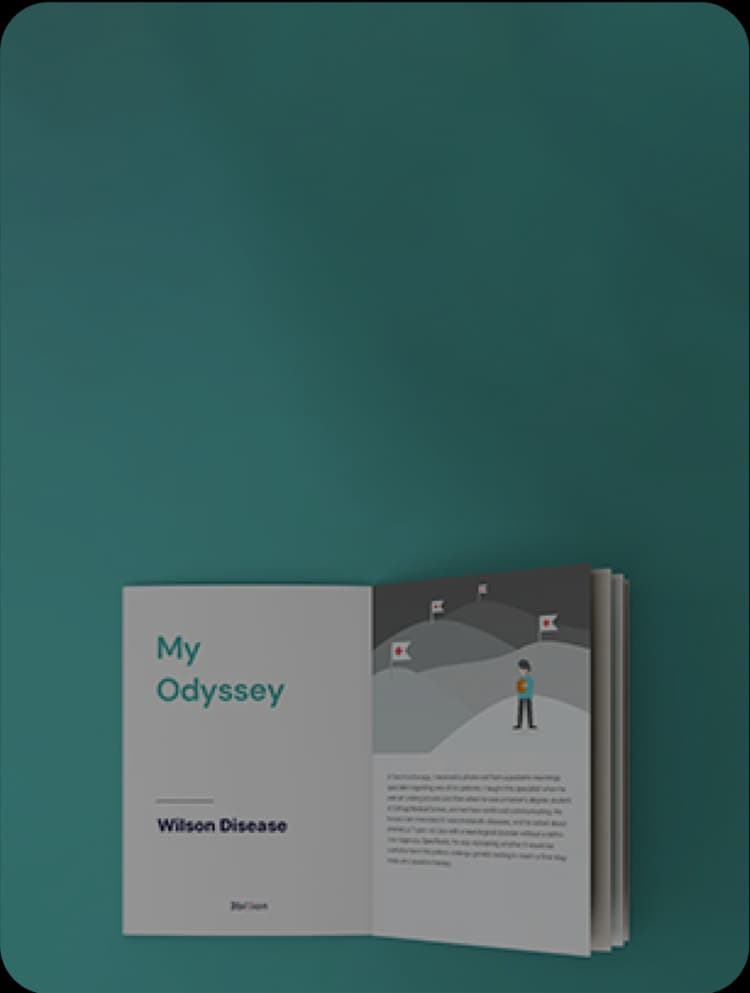Mowat-Wilson syndrome: diagnosis story
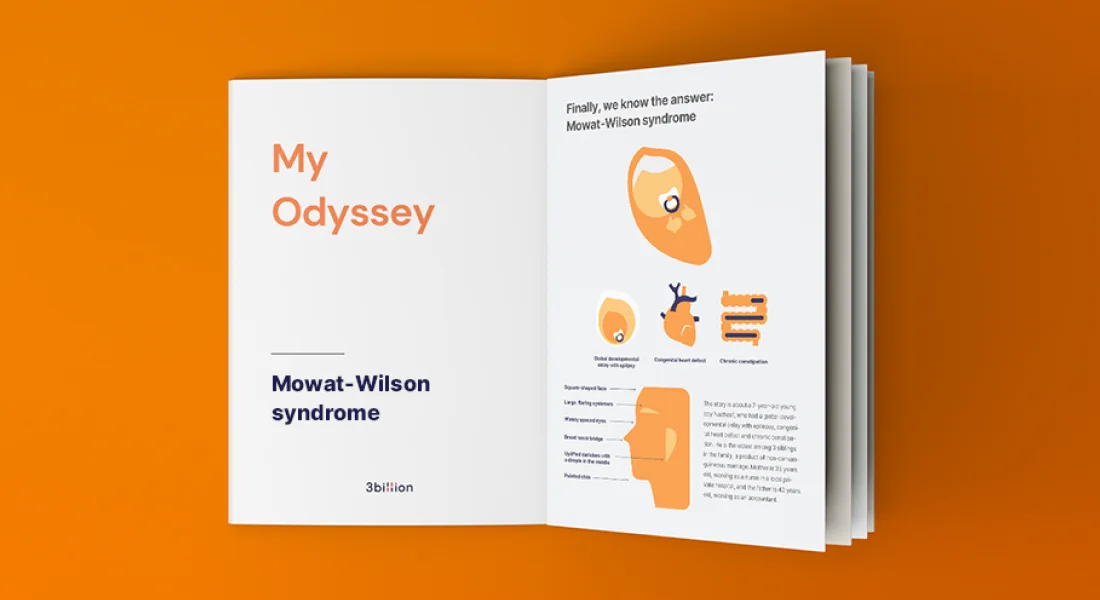
Finally, we know the answer: Mowat-Wilson syndrome
The story is about a 7-year-old young boy Nazheef, who had a global developmental delay with epilepsy, congenital heart defect and chronic constipation. He is the eldest among 3 siblings in the family, a product of non-consanguineous marriage. Mother is 35 years old, working as a nurse in a local private hospital, and the father is 42 years old, working as an accountant.

He was delivered late preterm at 36 weeks and 6 days via spontaneous vaginal delivery in a local private hospital, where he weighed 2.68kg when he was born. Mother had gestational diabetes during her pregnancy with Nazheef. Otherwise, the pregnancy had remained uneventful throughout her follow-up with the health clinic.
Abnormal Symptoms and Treatment of Nazheef Discovered by Chance
During Nazheef’s admission for neonatal jaundice at another hospital, he was incidentally found to have a cardiac murmur, he was then referred to us. He was first seen in our pediatric cardiology clinic at 1 month old and diagnosed with moderately large secundum atrial septal defect and moderate patent ductus arteriosus in failure. He underwent patent ductus arteriosus closure at 3 months old. The operation was uneventful.

He was first noted to have a global developmental delay at 1 year old when he was found unable to sit at that time. Extensive workup had been done in another hospital, including workup for inborn error of metabolism, MRI brain and chromosomal study, all reported as normal. He had the first seizure episode at 3 years old, described as a focal seizure with left lateral gazing and twitching of the right upper limb. He came to us when he was 5 years old and had already had his 3rd seizure episode, all with similar semiology. He was diagnosed with epilepsy and started on antiepileptic. He had an electroencephalogram done at 4 years old, which was reported as normal.
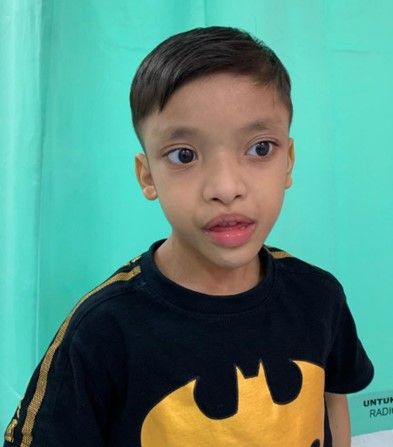
On further history, Nazheef also had chronic constipation since early infancy, where he presented with intermittent abdominal distension and discomfort. He was on regular syrup lactulose to aid in his daily bowel opening. There was no further investigation of his chronic constipation as it was thought to be related to his neurological condition.
Nazheef also appeared differently from his two other siblings. He has widely spaced eyes, a broad nasal bridge, sparse eyebrow, a pointed chin, and an elongated face. With all the above history and presentation, we recruited him for a 3billion study in November 2021, and the result suggested that he has Mowat- Wilson syndrome.
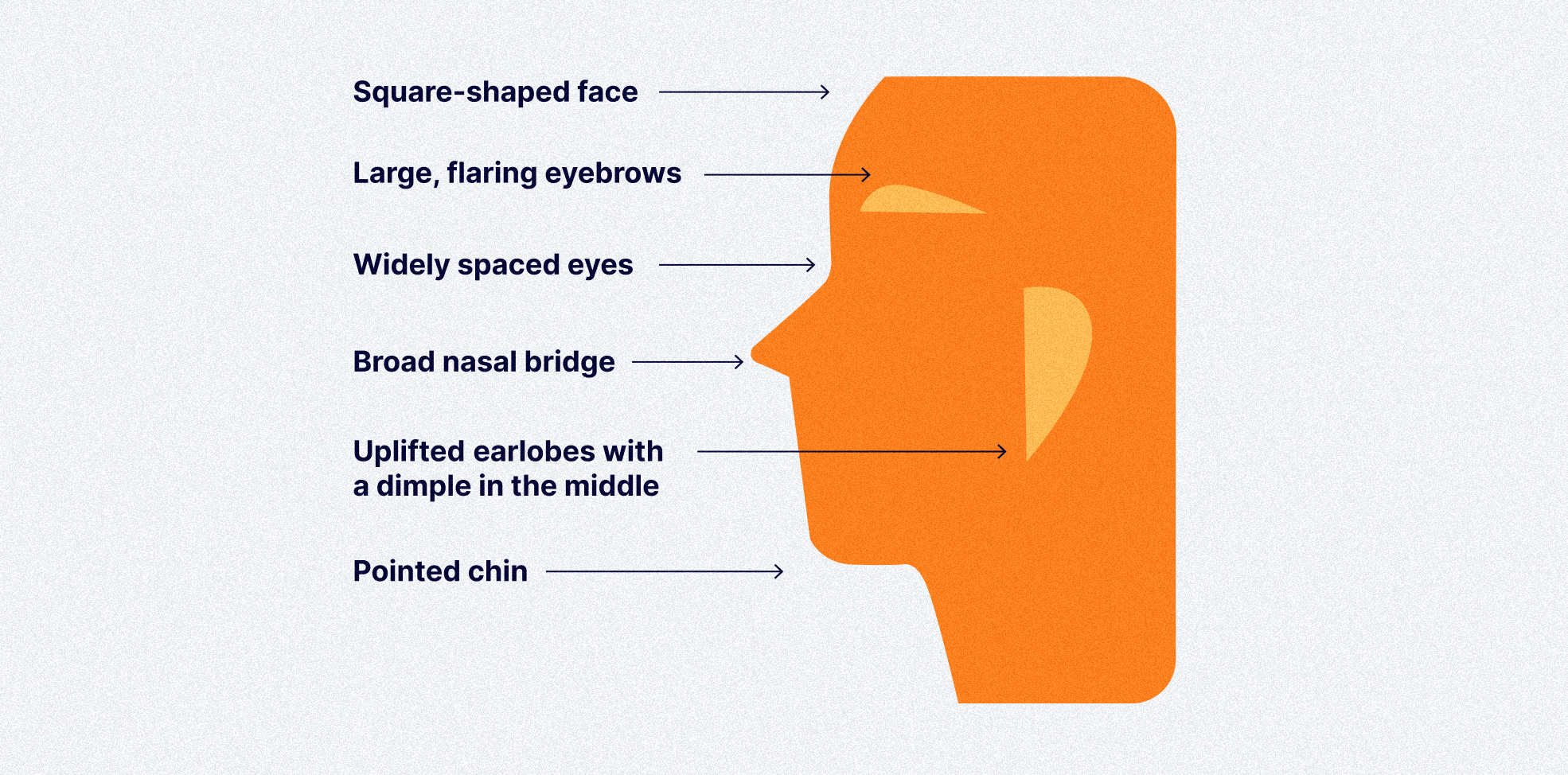
About Mowat-Wilson syndrome, Nazheef’s diagnosis
Mowat-Wilson syndrome is a rare genetic condition due to mutation in the ZEB2 gene located in chromosome 2 and usually follows an autosomal dominant inheritance pattern. It may also occur as de novo. The syndrome involves many body parts with major signs of distinctive facial features, delayed development, and Hirschsprung disease. The prevalence is estimated between 1:50,000 to 1:70 000. Looking back at his presentation, we strongly think his chronic constipation could be attributable to Hirschsprung. He was then referred to a paediatric gastroenterologist to confirm the diagnosis since he still struggles with his bowel opening that occurs only once every two to three days. Nazheef’s younger brother, now 3 years old, also had a congenital heart defect. We have referred him to a geneticist, and we think the family will benefit from a thorough genetic workup and counseling.
Nazheef’s life after diagnosis
We have last seen Nazheef in the clinic this year in May 2022. He was a happy boy, doing well at home with controlled seizures, last fit was 2 years back. Mother is now pleased that he has improved so much in his developmental milestone after attending an early intervention program. He learned more words for communication. He can help with simple household chores. His parents are blessed to see improvement in him. The result of whole exome sequencing allows them to know the cause of their son’s condition and answer several questions about the multiple problems in Nazheef.
Acknowledgment
I warmly thank the 3billion team for the research collaboration which allowed us to benefit from some successful WES, including the one for the patient subject of this story.
About Dr. Putri Yubbu
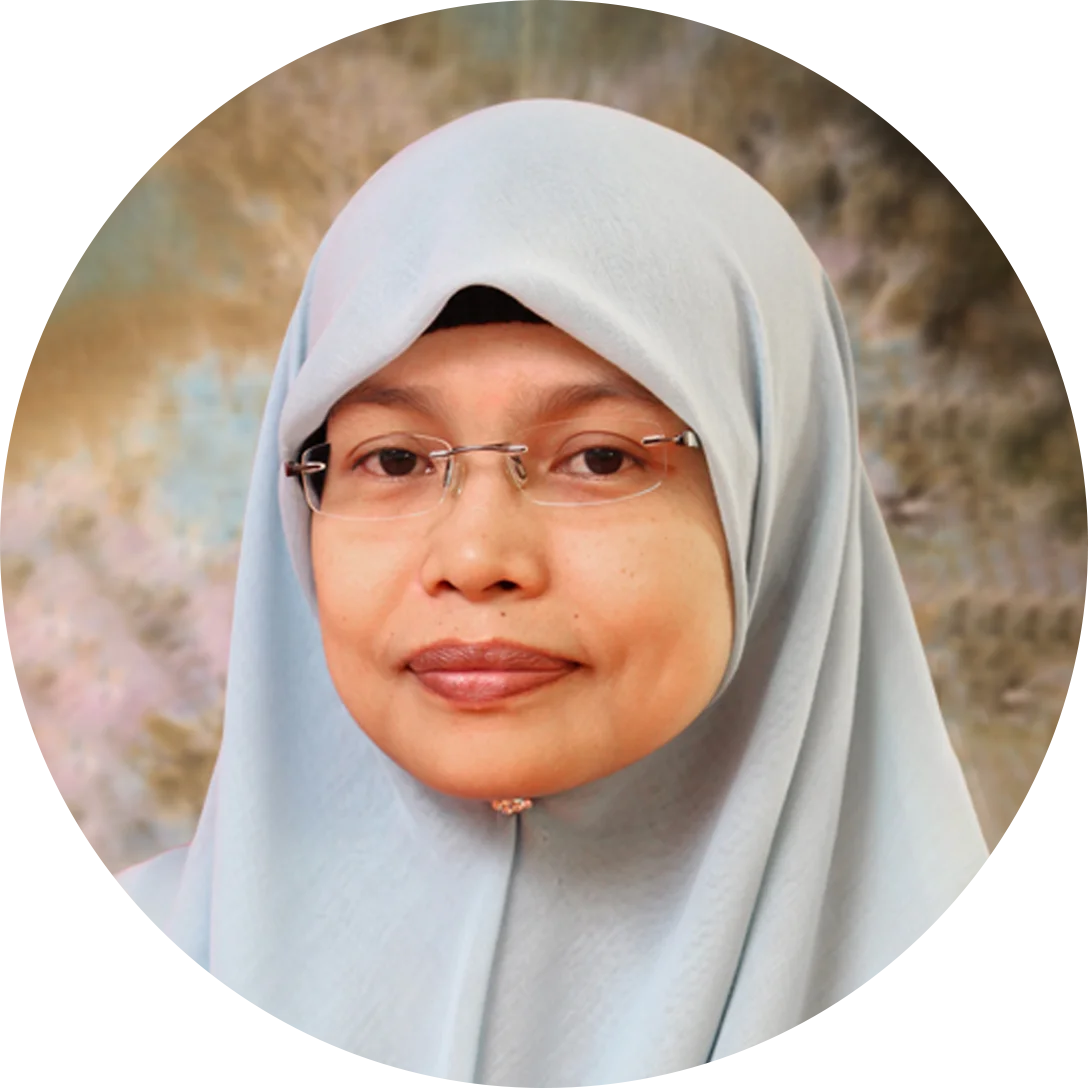 |
Senior Lecturer at University Putra Malaysia and a Paediatric Cardiologist at Hospital Serdang and Hospital Pengajar Universiti Putra Malaysia(HPUPM) Dr. Putri did both her under- and postgraduate in University Malaya. Subsequently, completed training in Paediatric Cardiology at the National Heart Institute of Malaysia (IJN) and in Children’s Hospital of Philadelphia (CHOP), United States. Her main interest is in prenatal detection of congenital heart disease and cardiogenetic.
- My inspiration in life is based on “The best of people is those that bring the most benefit to the rest of mankind.’’ As a medical doctor, my goal is to provide the best medical care for every patient. I hope that advanced genetic testing will be accessible to more patients since genetic testing is an emerging trend in pediatric care and certainly influence the management of many patients with an underlying genetic condition.
Consent was obtained from the patient’s parents for the use of patient photos and information.
Get exclusive rare disease updates
from 3billion.

Sookjin Lee
Expert in integrating cutting-edge genomic healthcare technologies with market needs. With 15+ years of experience, driving impactful changes in global healthcare.


